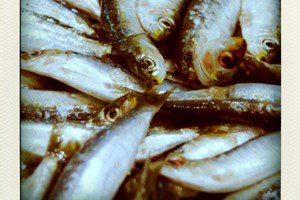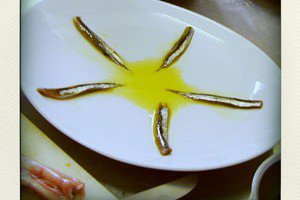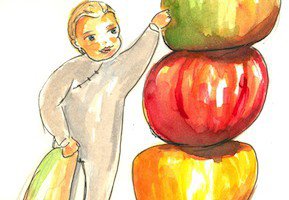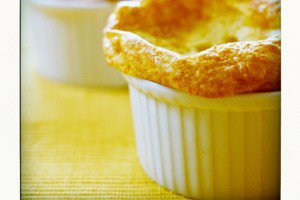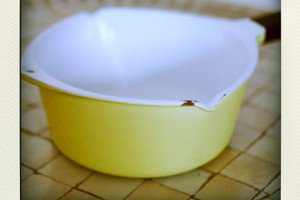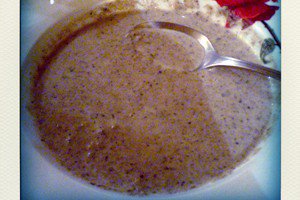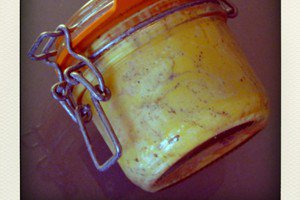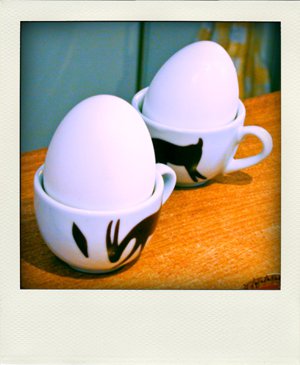
This is part of a series on French idiomatic expressions that relate to food. Browse the list of idioms featured so far.
This week’s expression is, “Plein comme un œuf.”
Literally translated as, “full as an egg,” it is a colloquial simile applied to a thing or a place that’s completely full; close English equivalents would be “filled to the brim” or “packed to the gills.” Note that it can’t be applied to a person*: “full” here is not to be understood as having a full stomach, because the French adjective plein is not used in that sense.
Example: “Je peux mettre mes baskets dans ta valise ? La mienne est pleine comme un œuf.” “Can I put my sneakers in your suitcase? Mine is full as an egg.”
(In writing, the proper verbal construction would be “Puis-je mettre mes baskets dans ta valise ?” In common speach, however, it is the upward intonation that indicates the interrogation, and we skip the verb inversion.)
Listen to the idiom and example read aloud:
(If no player appears, here’s a link to the audio file.)
This expression has been around since the late seventeenth century at least, and it is one I love using. The reasoning is easy to understand: the white and yolk of an egg fill it entirely, and it would be impossible to squeeze anything more inside the shell.
Nitpickers in the crowd will argue that an air pocket develops inside the egg as it ages** — this is caused by the gradual evaporation of its water content through the porous shell — until it’s not so full anymore. A more accurate version of the expression might then be plein comme un oeuf fraîchement pondu (full as a freshly laid egg), but I’m not sure how well that would take.
[Photo note: pictured above are goose eggs, which may be placed in espresso cups if you don’t have the appropriate size of coquetiers.]
* I did find one 1865 reference that said plein comme un oeuf meant “drunk,” but that usage is not confirmed by other sources and has not survived, though plein comme une barrique (full as a barrel) and plein comme un coing (full as a quince) mean exactly that.
** This fact conveniently helps determine how old an egg is. Lower an egg gently in a bowl of fresh water: if it sinks to the bottom and lies on its side, it’s very fresh. The older the egg gets, the more it will lift from the bottom of the bowl by one end, until it stands upright.


